15 Things That Women Wish They Knew Before Having A C-Section
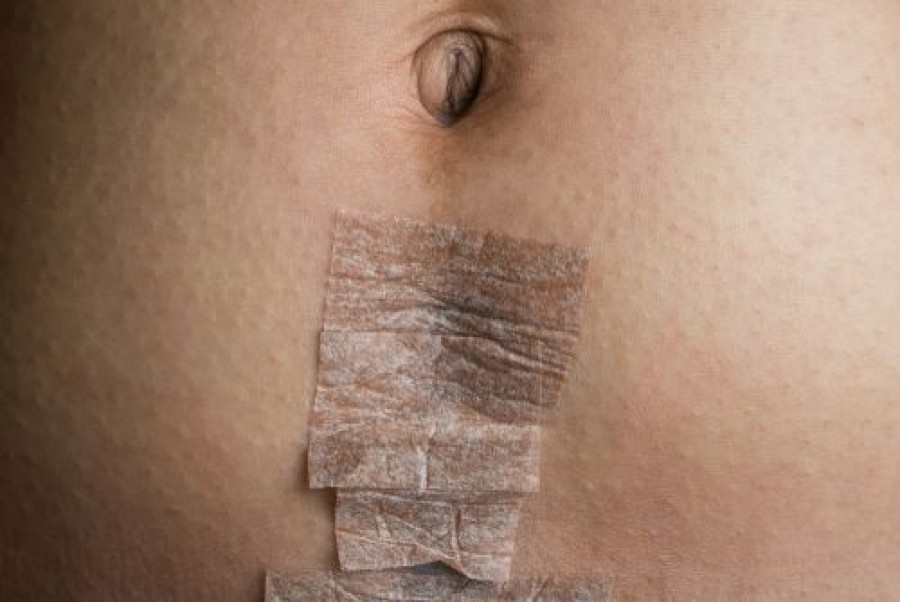
It takes 9 months to get to the stage of giving birth. Throughout those 9 months, you will have learned that nothing about pregnancy can be predicted. There are things that are going to happen, but how they happen is not guaranteed.
For instance, you know that you are going to give birth to the baby. But will the baby be born vaginally, or via a surgical C-section. In some cases, this will be decided earlier on in the pregnancy. Some women choose to have a C-section for various reasons, and sometimes there are medical circumstances that require a C-section. In other cases, there may be a need for an emergency C-section if something happens during the delivery.
Either way, there are many unknowns about C-sections. Here are some things that women wish they knew before having a C-section.
1. The recovery will be harder than that of a vaginal birth.
Recovering from delivering a baby is always going to be difficult, given how tiring and physically exhausting the birthing process is. However, recovering from a C-section also means recovering from a surgical incision. Unfortunately, that does mean pain, which requires a lot of bed rest.
It is important during this recovery to not only rest, but also properly clean the affected areas. Making sure you tend to the scar wound is really important to help aid a quick recovery. Avoid touching it too much, except for when cleaning, and change the dressing as recommended by the doctor.
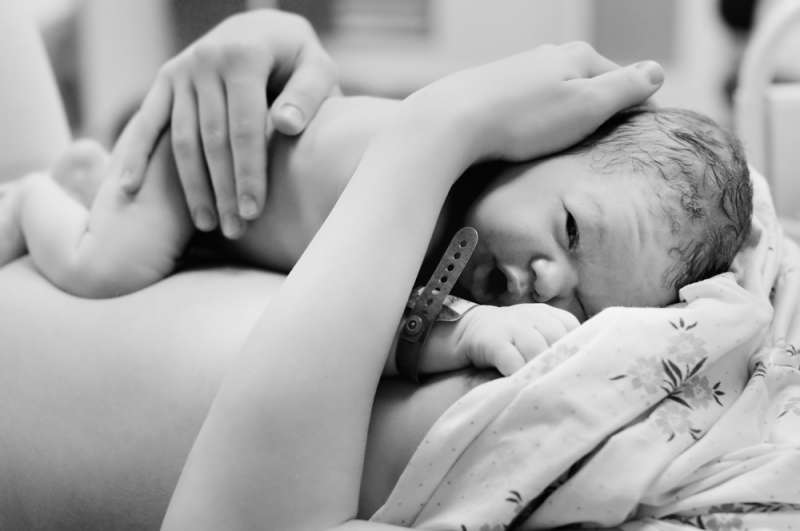
2. Getting out of bed is rather difficult after a C-section.
This is because there is a large scar that is healing in a very tender area. Also, the abdominal muscles have been through a world of pain and now need some gentle movements. You will notice this almost immediately and the tightness around the area will last for a while.
However, doctors will provide a leaflet with instructions on how to get out of bed without aggravating the scar tissue or putting too much pressure on the abdominal muscles. This is really helpful to pay attention to and follow the guidelines closely to avoid tearing anything. With time, it will get easy and more natural to move out of bed.
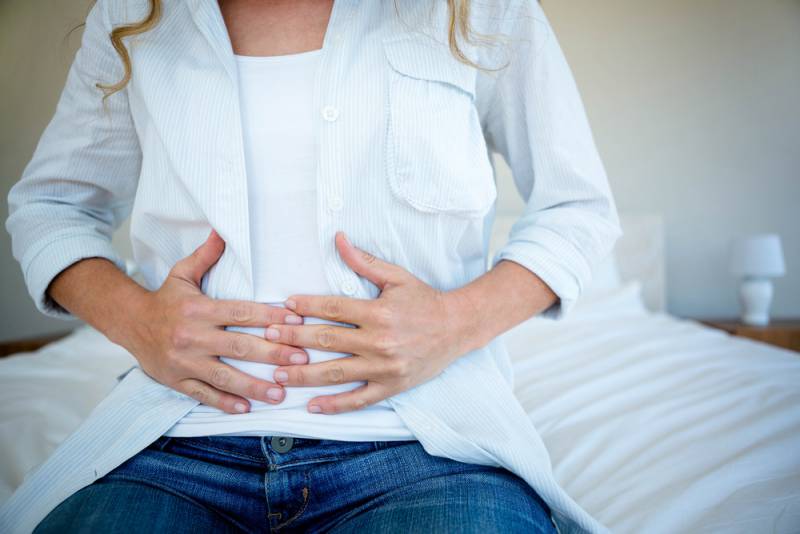
3. The vagina needs to be cleaned after a C-section.
Even though the baby came out of the abdomen directly, the vaginal area still needs a thorough clean up. In fact, there is almost more care and attention paid to this area after a C-section.
This is basically a rinse down that the nurses will do, cleaning it with a peri bottle and patting it dry. This is to ensure there is no blood left over that might have leaked during the surgery. Of course, the nurses will handle this with care and respect, although it can be an unexpected thing for many women and can feel quite strange given the tenderness around the area.
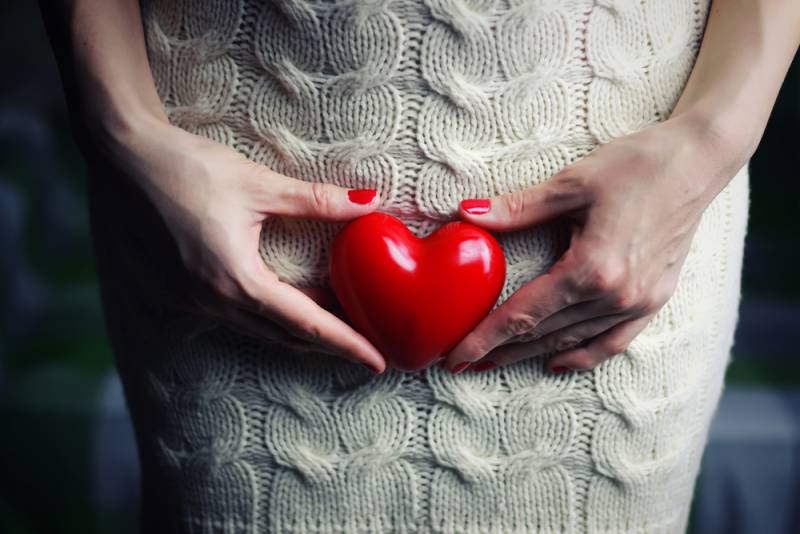
4. Bed rest is essential, even though this seems totally contradictory and impossible.
Despite the fact that new moms want and need to attend to their baby, after having a C-section, they really need to put themselves first.
It is important to speed up the recovery and heal the wounds properly. This is all part of the new mom juggling act! After having a C-section, it is really important to reach out to friends and family for support. There is nothing wrong with admitting that you need an hour or two just to sleep or rest. There is bound to be someone else close to you who is happy to watch the baby for this time.
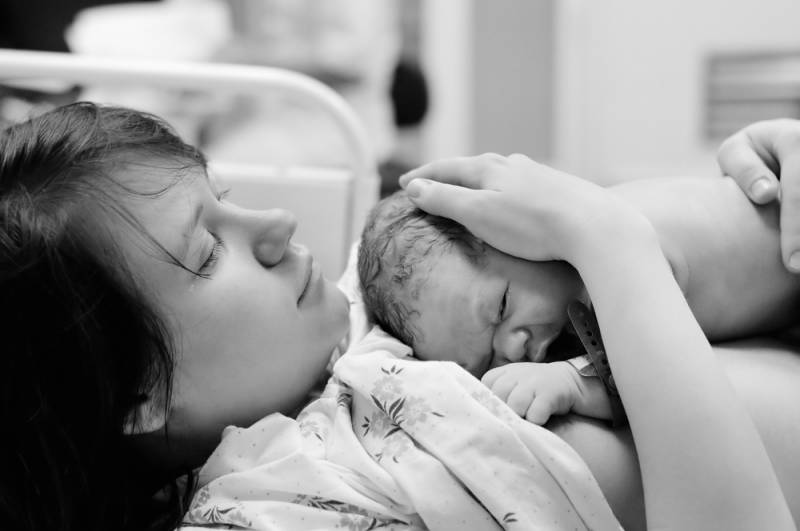
5. Using the toilet can become a new challenge as well.
Throughout pregnancy, experiencing bowel struggles and constipation from being constantly bloated and gassy becomes normal.
When a woman has a C-section, she also needs lots of painkillers to relieve the pain after the surgery. Unfortunately, these painkillers have a negative effect on the bowels, so constipation will take longer to go away. This will likely only be the case for one to two weeks, depending on the dosage of painkillers recommended by the doctor. As you start needing less and less painkillers, it will become easier to relieve yourself on the toilet.
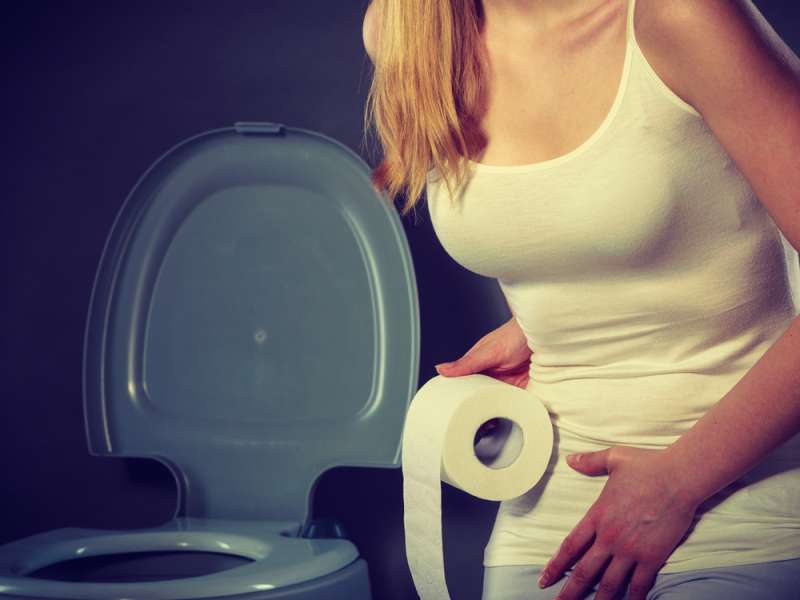
6. Exercising is important too and getting out and about should also become a priority.
Although this seems to contradict the point on resting, it is really about balance.
New moms who have just had a C-section have found that walking helps to get the bodily rhythms flowing again. Of course, listening to the body and walking only within its limitations is a priority.
It can be useful to establish a routine with the new baby where you go for a light stroll in the morning. Even just a ten minute walk will do wonders for your recovery. However, don’t be ashamed to need a rest day every now and then. Just don’t let it become a rest week!

7. It is normal to shake after a C-section.
In fact, a normal part of labour is for women to experience intense shivering and shaking. These shakes are a side effect of the stress and trauma that the body goes through to deliver a baby. It is essentially like the body going into shock. Just remember, you will recover from this quickly.
They can be heightened after a C-section given that the body enters a state of mild shock during the surgery. They won’t last too long and are nothing to worry about too much. More or less, they are just extremely uncomfortable.
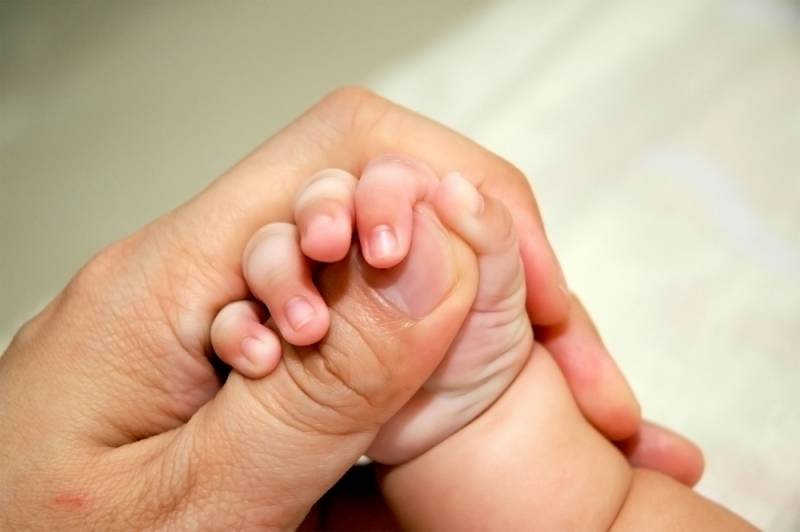
8. The skin will feel numb around the incision scar for longer than you might expect.
For some women, the skin can go back to normal and feel fine within a few hours, whereas other women can experience numbness around the scar for up to a week.
The feeling can be likened to the pins and needles sensation you get on your foot. Therefore, touching the skin around the scar tissue can be a very strange experience. Although it won’t feel like anything is touching it, remember not to press too hard or apply too much pressure. Even though it is numb, it is still susceptible to damage!

9. The muscles are more tender during C-section recovery.
This refers to muscles all over the body. For instance, a simple sneeze will make the abdominal muscles ache.
The muscles around the bladder are also weakened, from both the pregnancy and the surgery, so urine leaks can become quite common. This is something that most women experience during pregnancy as well.
The best way to handle this is to not put too much pressure on yourself. Be understanding of your body and be gentle with it. Try not to feel frustrated with how your body is feeling. These feelings of tenderness and discomfort are only temporary, after all.

10. The doctor cuts the umbilical cord and the partner doesn’t get a chance to.
This is true for all c-section cases in the US and only emergency c-section cases in Australia. This is because, given the surgical nature of the C-section, especially emergency c-sections, it complicates things to have another pair of hands around the area.
For hygiene and safety purposes in the surgical room, the doctor generally won’t allow the partner to cut the cord. It is possible to have a discussion early on, if the C-section is planned, to negotiate the partner cutting the cord. However, this is quite rare. In the case of an emergency C-section, it will not be an option at all.
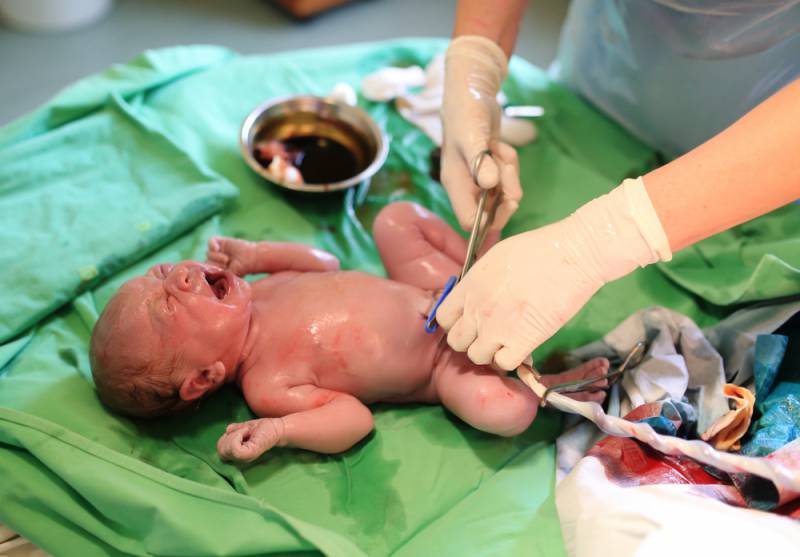
11. The operating room is very cold for the surgery.
In fact, it is nothing short of freezing. This is required for the operation and something that needs to be done by the doctors. It can be hard for the body to deal with this cold, also considering the shakes and shivers that happen from the shock of delivery.
Despite feeling very cold during the operation, doctors and nurses will provide you and the baby with warming blankets immediately after to help get the body temperature back to normal. If you do need anything else, like a heat pack, the midwives will be more than happy to provide you with one.
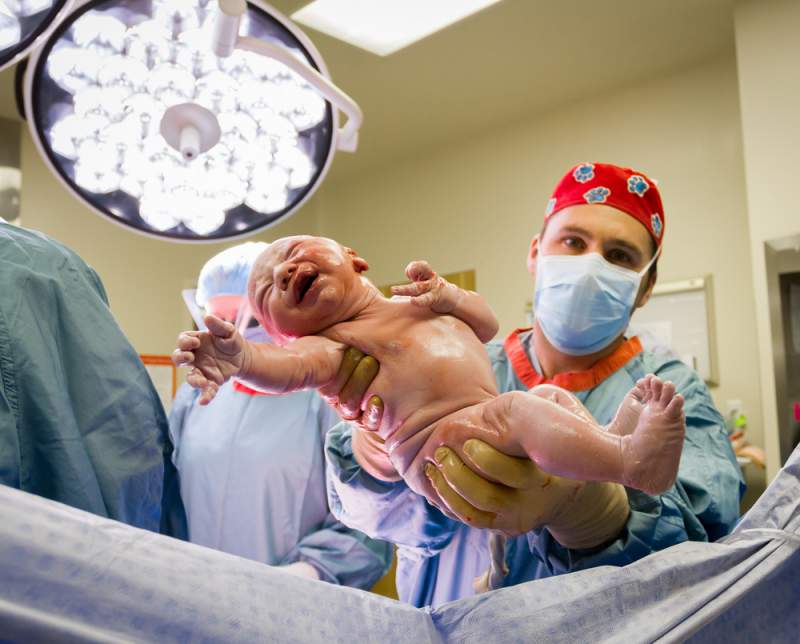
12. The incision wound is anything but pretty, especially during the initial days after.
The scar tissue is stapled and taped and somewhat scary to look at. However, it does heal itself very quickly.
Even in the first week, there will be significantly noticeable improvements to both the scar and the skin around it. Just remember, this is something that takes time and your body needs time to recover from it. When the area is less tender and the scab starts to scar over, gently apply some bio-oil to the wound. This will help the scar tissue to fade more quickly and leave less of a visible mark.
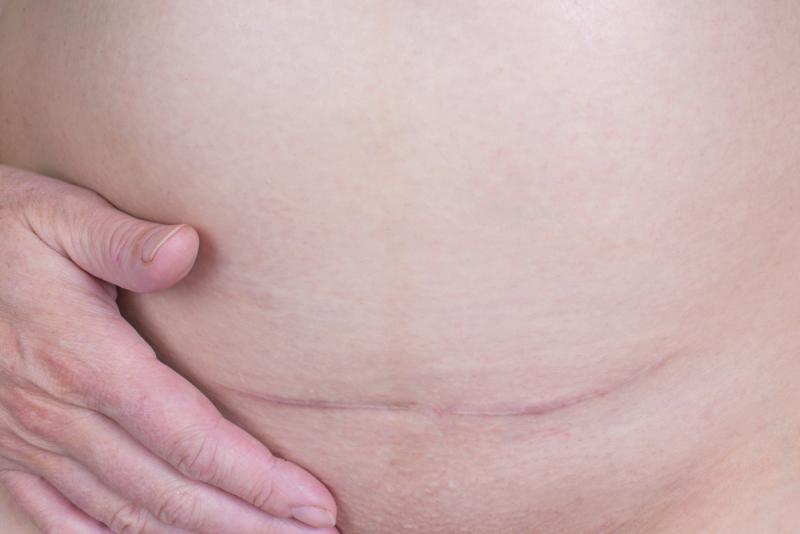
13. Fasting needs to happen after a C-section.
Since there are anesthetics involved and this is a surgical procedure, you are not allowed to eat after the surgery is complete. This is because the drugs can trigger the body to vomit, which is dangerous after a C-section.
Drinking water is generally fine, but in some cases can cause women to vomit too. Some women have had to wait up to 16 hours before eating again after a C-section. This is a time to listen to your doctor’s recommendation and to your body as well. You will know when it is ready to handle food again. Starting off with plain, bland food is a good idea to help ease the stomach back into digestion.
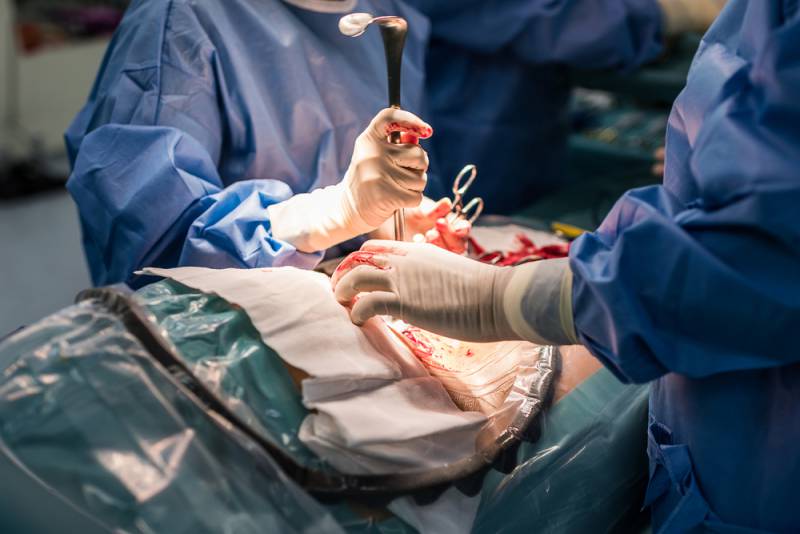
14. It is encouraged to take painkillers for this operation.
While some women prefer an all natural birth, in the case of a C-section, having an epidural is highly recommended by doctors.
Likewise, taking the painkillers after the operation is also encouraged. It helps to speed up recovery, and since now there is a baby on the scene, a quick recovery should be a priority. Many women are hesitant to take painkillers given they are now breastfeeding, but it is worthwhile. There are, of course, other more natural pain relief methods to consider.
Drinking herbal or ginger teas, doing some basic yoga, and getting enough sleep each night will also help to combat the pain. Doing these will lessen the need for a higher dosage of painkillers, but they may still be necessary.

15. Feeling like a failure after having a C-section is something that comes up a lot for new moms.
There are some competition and debate about having a vaginal birth or having a C-section, the former obviously been the way nature intended babies to be born. However, having a C-section does not make you any less of a successful mother.
It is important to recognize these feelings and address them immediately before they have the chance to escalate to postpartum depression. Talking to someone, especially a partner or close friend, is the best thing you can do for both yourself and your baby. Your mental health is highly important after giving birth, just as much as your physical health.
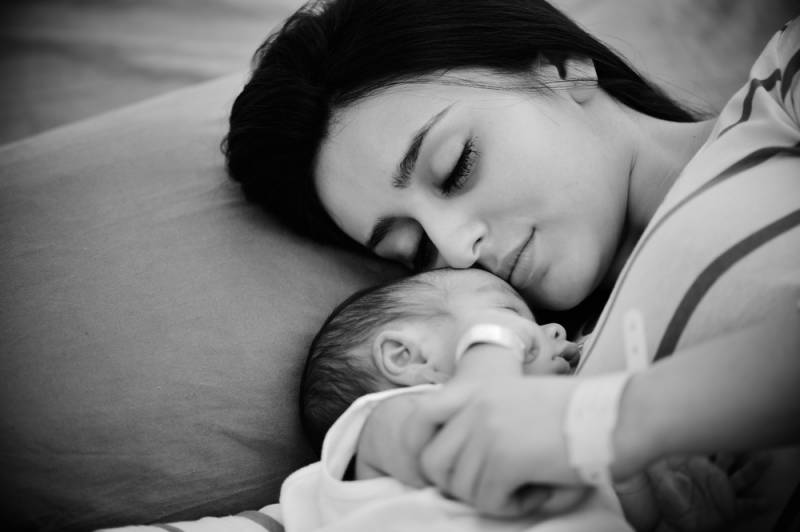
Most Viewed
-
5 Common Methods of Contraception
Last updated On by Percy Oad -
How to Cope with Male Infertility
Last updated On by Alina -
What is the Difference Between Primary and Secondary Infertility?
Last updated On by Madison -
How to start a child-free life after infertility
Last updated On by Jacinta








